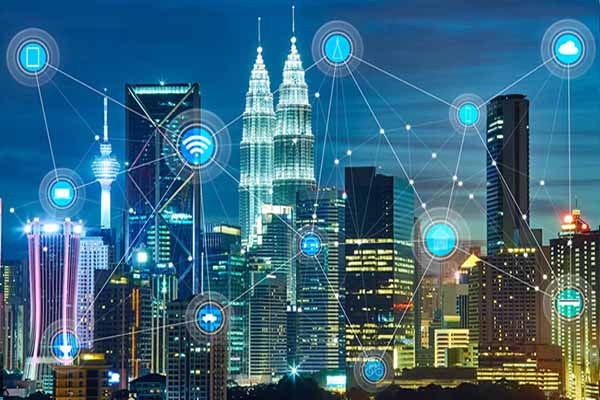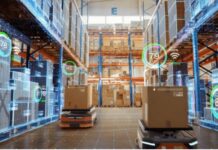The Indonesian government has begun its new capital relocation to Nusantara. Cabinet level-agency formed by the Indonesian government, working directly under the President of Indonesia, Nusantara National Capital Authority (NNCA), announced that the first phase of the capital’s construction will begin in the second quarter of this year. The development plan is expected to reach its peak by 2024 through building a government complex, public infrastructure, and more in the fifth phase.
Last March, the Korea Ministry of Land, Infrastructure and Transport led a private joint consortium ‘One Team Korea’ to win orders for Indonesian mega projects. Among many industry players, smart city digital twin service provider E8IGHT introduced how to establish and operate a city based on digital twin technology in ‘Korea-Indonesia New City Cooperation Forum’. E8IGHT is currently the lead digital twin navigator in Sejong smart city and Busan Eco Delta smart city, Korea’s first national pilot city project.
E8IGHT proposed a digital twin environment that supports smart city services and simulations for the relocation of the Indonesian capital city in more detail as follows
Digital 3D spatial Information in urban development phase
Smart city digital twin can be applied from the beginning of the urban development stage. It can implement spatial information on a full 3D basis through the city’s 3D geographic information system (GIS) applied with building information modeling (BIM). In this regard, the factors necessary for urban design, construction, and operation can be present in the same way as reality. Also, simulations such as construction and maintenance can be conducted to predict issues that may occur in real-time and be used as a guide to establish related policies.
Simulation to reduce traffic congestion
According to Indonesia’s National Development Planning Agency, annual economic loss due to traffic congestion is nearly USD 4.7 billion. To prevent such causes in the new capital relocation, simulations can be performed by capturing traffic situations in a digital twin framework. It is possible to develop a model optimized for situations such as real-time traffic situations by simulating various conditions on a virtual road.
Natural disaster simulation to counter climate change
New capital Nusantara plans for a ‘sustainable, forest city’ as a means of solving climate change problems. More than 75% of the area is to be green space with total carbon neutral to maintain environmental balance. E8IGHT presented a smart city service that provides natural disaster prevention service using simulation technology.
It greatly helps to build an eco-friendly city by simulating green area layout, roadside trees to reduce urban heat island effect and more during urban planning stage. Also, simulation of natural phenomena such as typhoons, heavy rain, fine dust could be conducted into a visualized 3D model city to observe and predict damage impact, as well to prepare for contingency plan.
E8IGHT CEO Jin Kim said, “Digital twin is a key technology that enables smart city to function by gathering and connecting city’s data and services. It is important to provide a smart city platform environment where citizens can directly share data and collaborate with the city along with public and private companies to make ESG commitments.


















